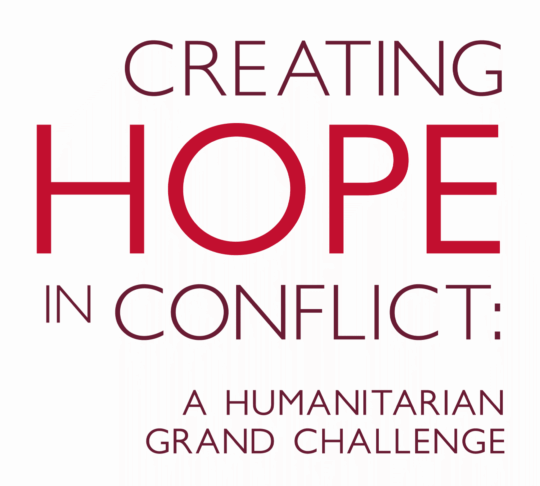
Syria
Syrian White Helmets: Manufacturing PPE in a Conflict Zone
- Status
- Completed Research
- Research Year
- 2021-22
Delivering humanitarian aid to conflict zones such as Northwest Syria poses numerous bureaucratic, logistical and security challenges. Moreover, years of civil war have severely damaged the healthcare system, leaving Northwest Syria particularly ill-equipped to handle the COVID-19 pandemic. To mitigate spread of the virus and ensure that healthcare workers are able to safely provide care, the Syrian White Helmets have adopted a unique approach to securing personal protective equipment – carrying out local manufacturing and distribution themselves. This case study focuses on evaluating the role that local production of essential supplies can play in humanitarian responses and how similar schemes can be incorporated in delivering timely aid to other hard-to-reach populations.
Researchers
-
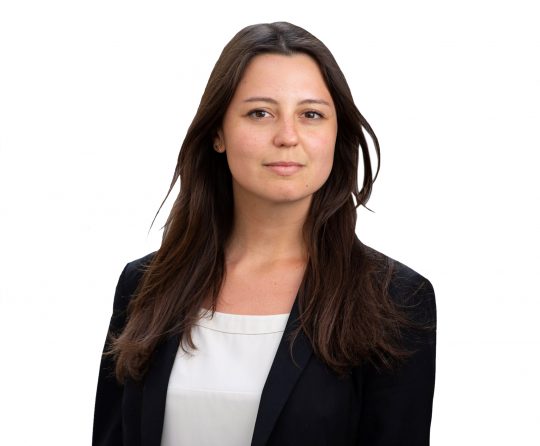
-
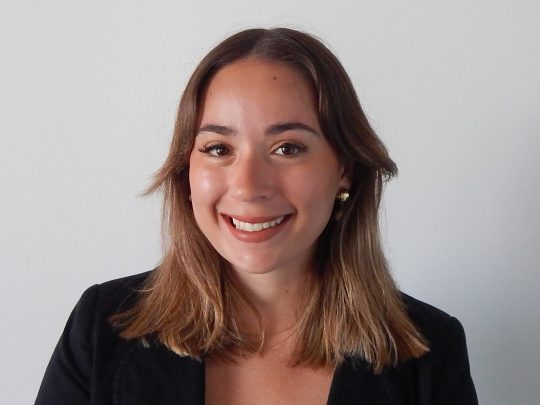
-
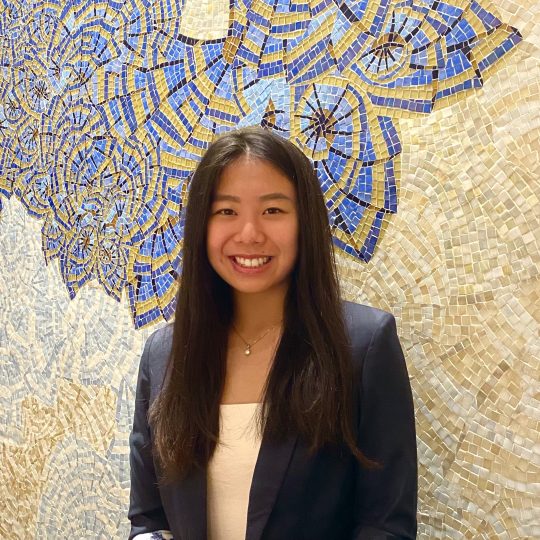
-
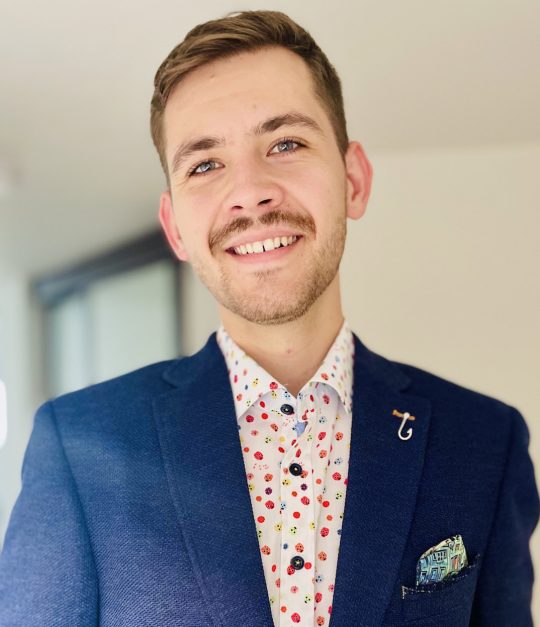
University of Toronto
Dario Toman
Mentors
-

University of Toronto
Stanley Zlotkin
Professor of Paediatrics, Public Health Sciences and Nutritional Sciences at the Hospital for Sick Children and University of Toronto; Chief at the Centre for Global Child Health, The Hospital for Sick Children
Related Information
-
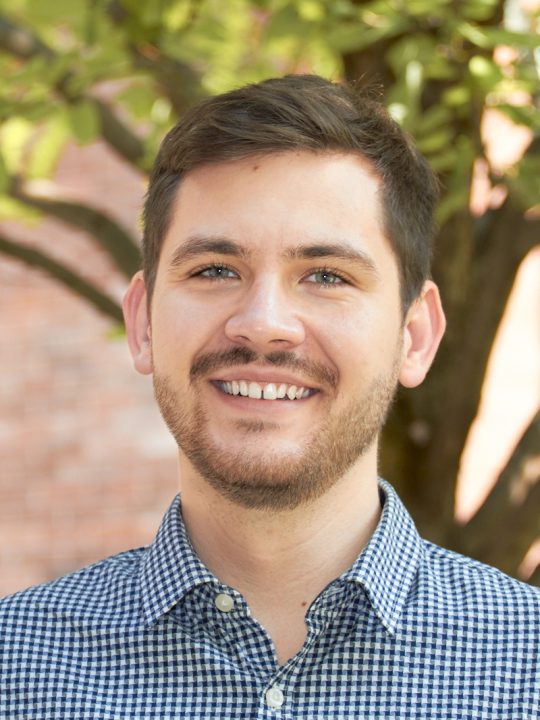
Blog
Meet Dario Toman of Team Syria 2021-22: Syrian White Helmets: Manufacturing PPE in a Conflict Zone

